What an Inspiring event!
The event was held on February 5th 2019 in honour of World Cancer Day 2019. (Bright Building, Manchester Science Parks, UK). 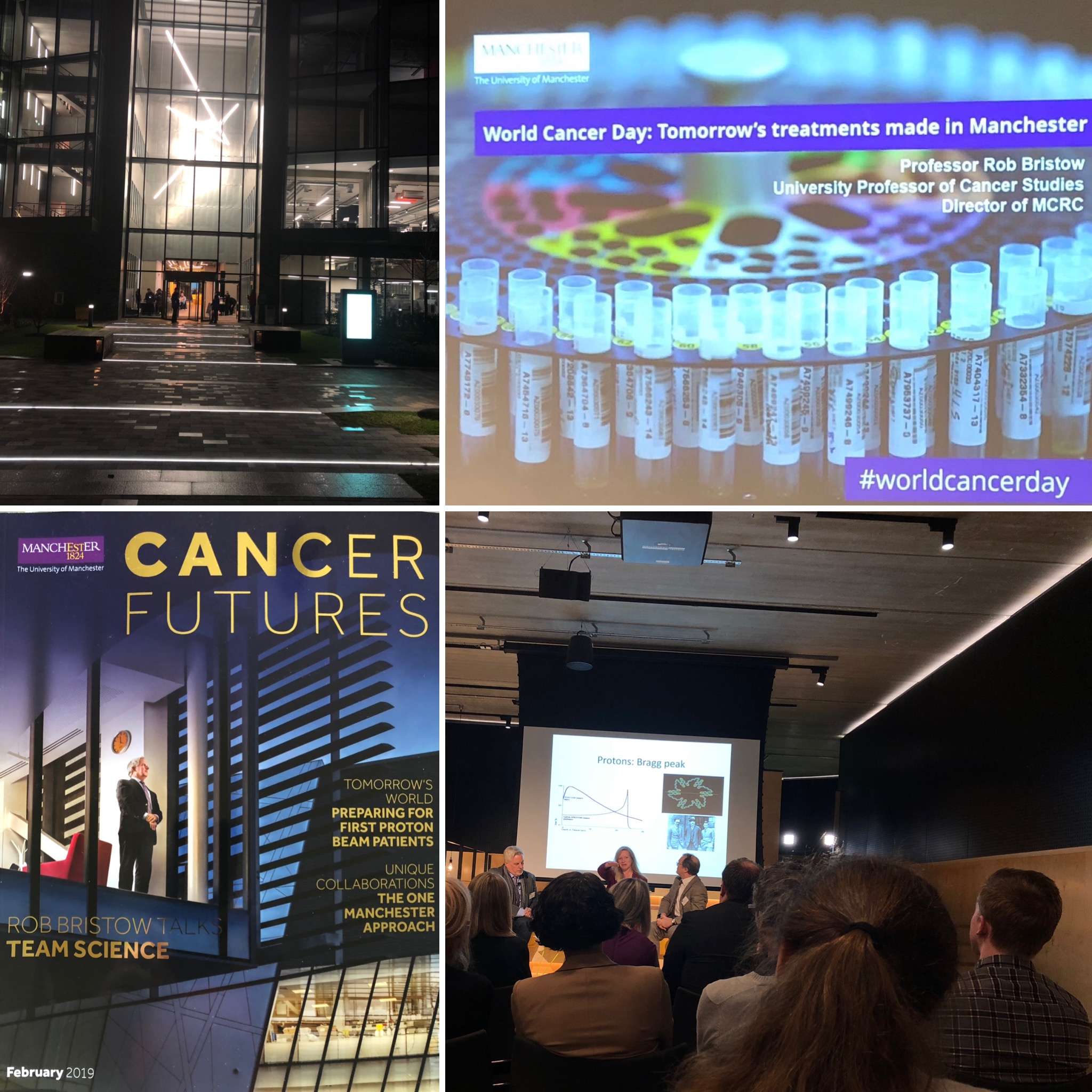
Leading research conducted in Manchester is improving treatments for patients across the world. The format of the event included a review of recent achievements and areas of research activities; the vision for the future; compelling stories from 2 patient advocates; and a clear and informative panel discussion on Proton Beam Therapy. Presentations were followed by a reception with a chance to meet and put questions to some of the scientists and experts actively involved in research in Manchester.
The progress and achievements are phenomenal! The vision for the future is challenging, promising and positive.
Thank you to the organisers for the invitation to attend this special event.
For more about this read on…
We heard about research activities and achievements – recent, current and on the horizon. Here is an indication of just some of the exciting and important areas of research in Manchester; with a few comments and thoughts:
Prevention and screening – addressing questions such as: “Can we use circulating DNA or proteins in the blood to find lung cancer at its earliest stages?” “Can we use it to detect recurrences at the earliest stages?”
Aiming to enable health screening to be earlier and easier for some patients who are at higher risk (and who might otherwise present with more advanced lung disease). For example, a pilot study in Rochdale used mobile vans in more convenient locations for patients. This is now being further evaluated in a wider NHS roll-out taking ‘screening to supermarket car parks’ (recent media coverage).
Approaches in research and treatment taking into account multi-morbidity – because people with cancer are living with other diseases.
Enabling real time follow up of patients – using technologies to see how patients are doing in real time.
Precision medicine – the use of linked bio-banks, advances in genomics and informatics to try to close the gap in translational research and treatment of patients.
The new Proton beam facility located here in Manchester – the first patient was treated in December 2018. Pioneering research and collaborations are being facilitated and encouraged.
‘Team Science’ – as the way forward. ‘Cancer research conducted in an interdependent fashion in a large group across many subjects to deeply integrate knowledge.’
‘Town Hall’ events are also enabling wider discussion including the involvement of patients.
Finally, an overall aim is to provide the best cancer care – with opportunities facilitated by the Manchester Cancer Research Centre (MCRC) involving 3 partners working so closely together: The Christie NHS Foundation Trust, Manchester University and Cancer Research UK. There will be interesting findings to report.
Of course, not all research will lead to big breakthroughs. Research involves a lot of hard work and can be frustrating and even disappointing at times. On the other hand, science can also be surprising; serendipity is also a factor on occasions. With a wealth of sound research activity, cross-disciplinary teams and fresh perspectives there is every reason to feel optimistic that cancer research will be contributing to knowledge and understanding of fundamental biology, mechanisms, real life implications and benefits for patients.
Life can throw up unexpected circumstances and events. A terrible blow was dealt by the devastating fire at the Paterson building in April 2017.
There are now prospects of a new building and new opportunities with ‘team science’.
There was a palpable ‘buzz’ in the air at this event in February.
As I have said before there’s a lot happening in Manchester UK these days!
by Dr Julie Charlesworth (9/2/2019)
….
The Manchester Cancer Research Centre (MCRC) is a unique partnership between the University, The Christie NHS Foundation Trust and the Cancer Research UK Manchester Institute.
Further information about the MCRC
Previous related posts:
Feeling proud and honoured to be invited to such events which also included a preview of the opening of the MCRC in 2015
and here is a short report of a visit in 2016 also touching on why the location holds special memories from my own early research years.


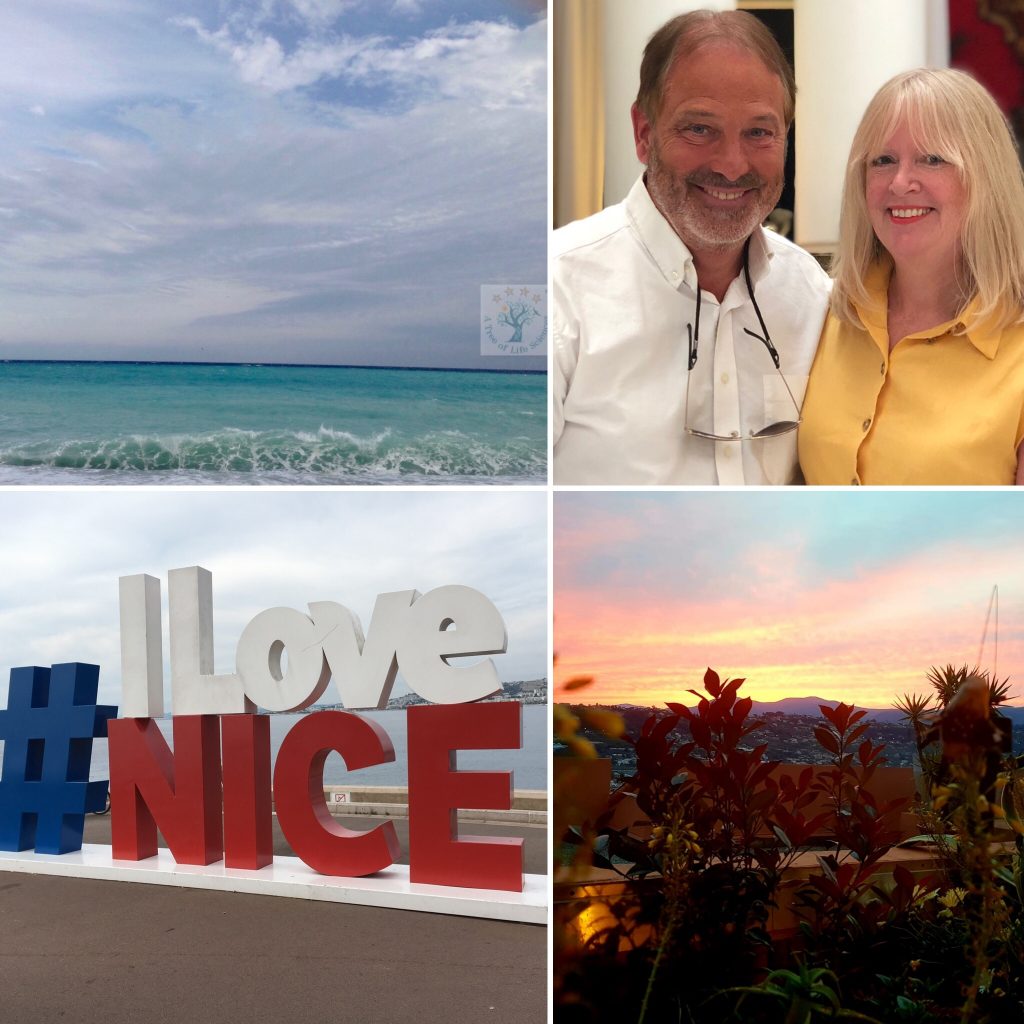
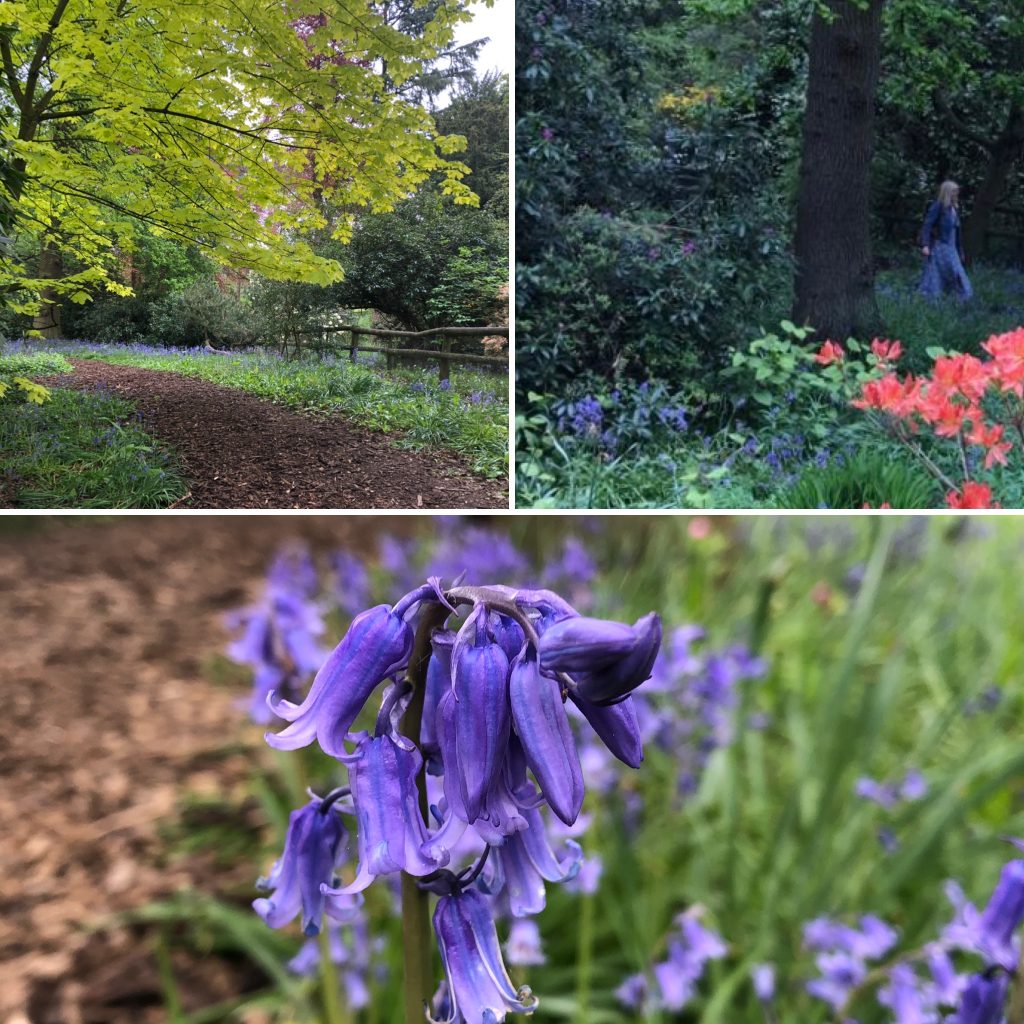
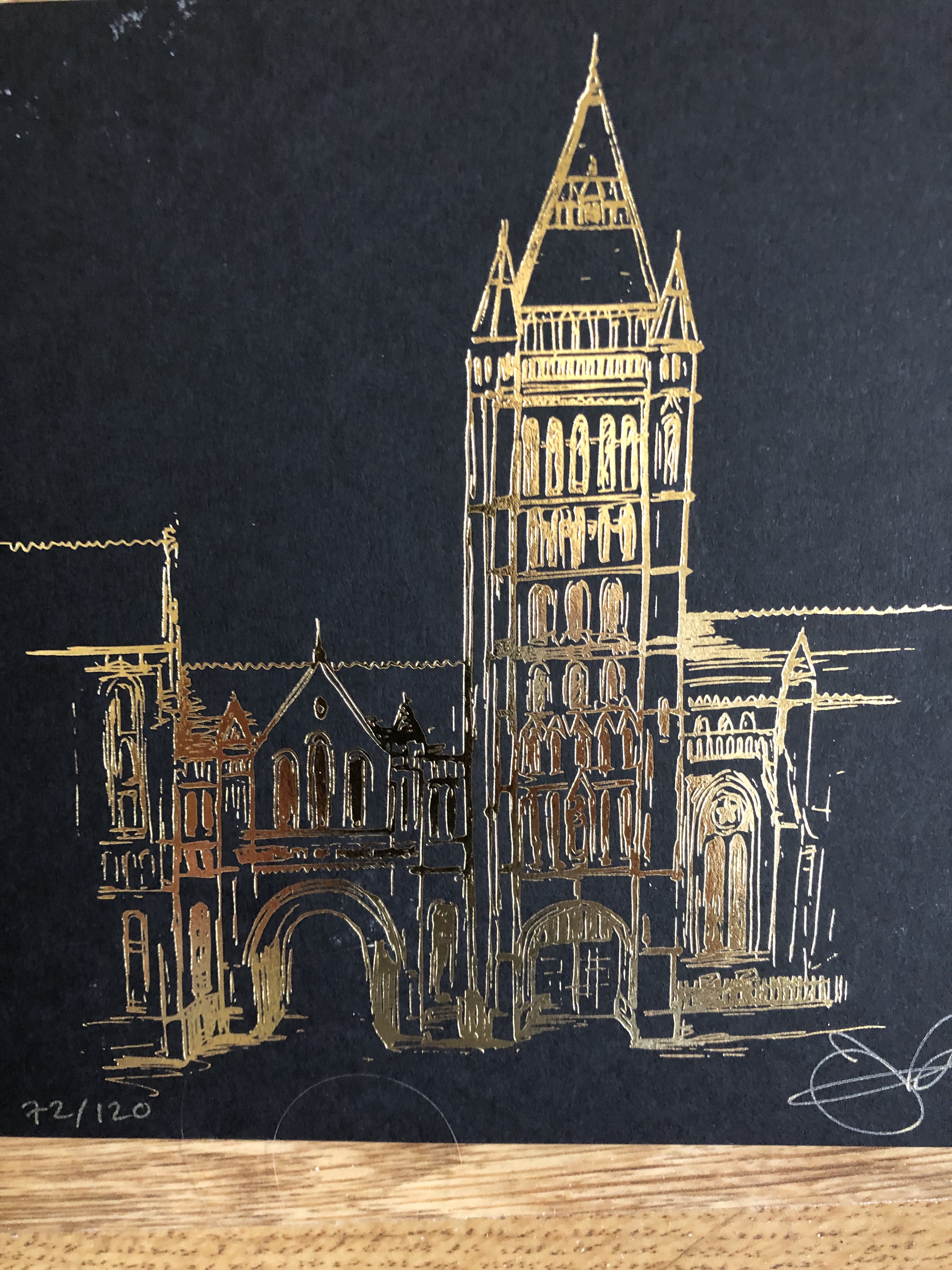
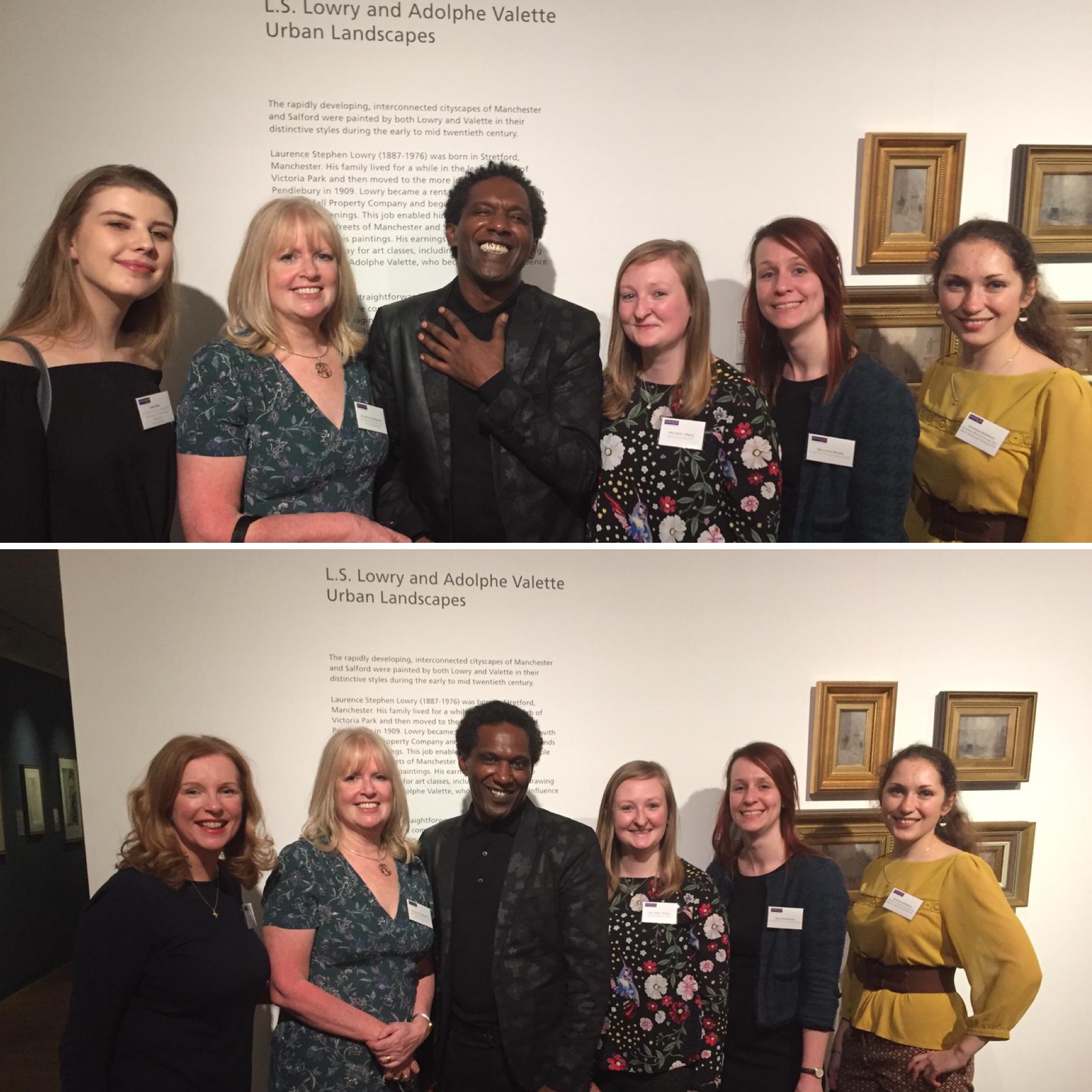
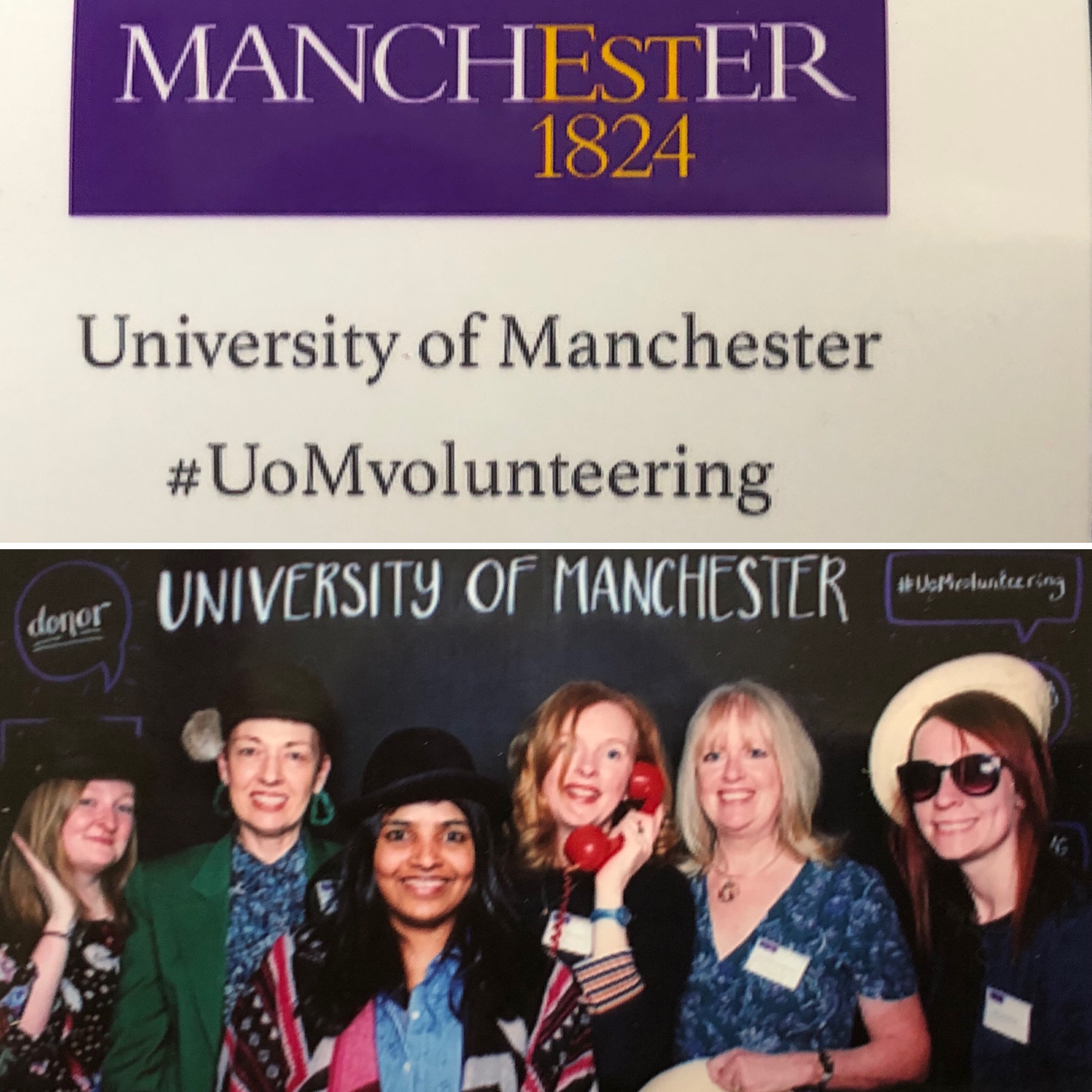

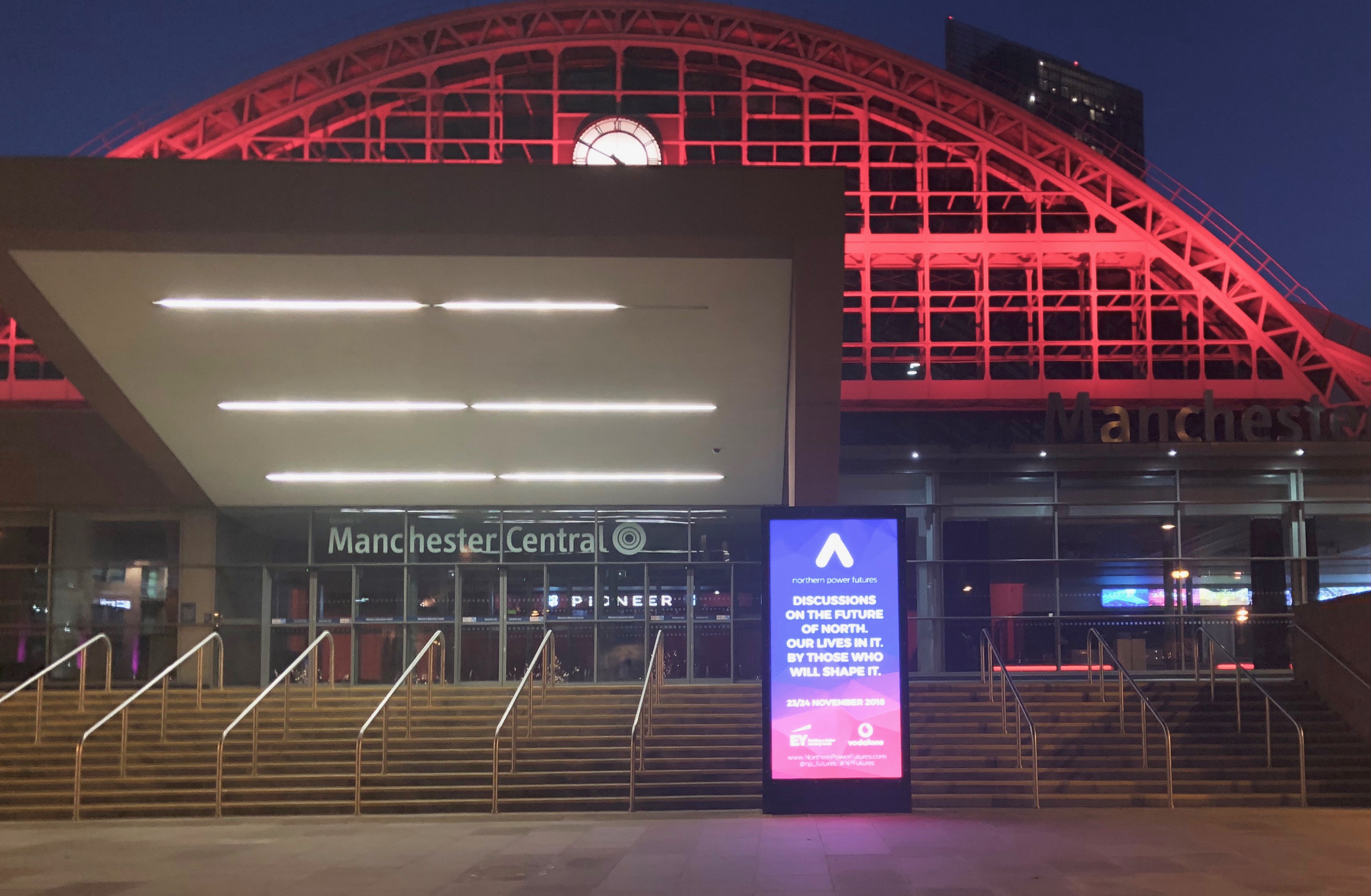
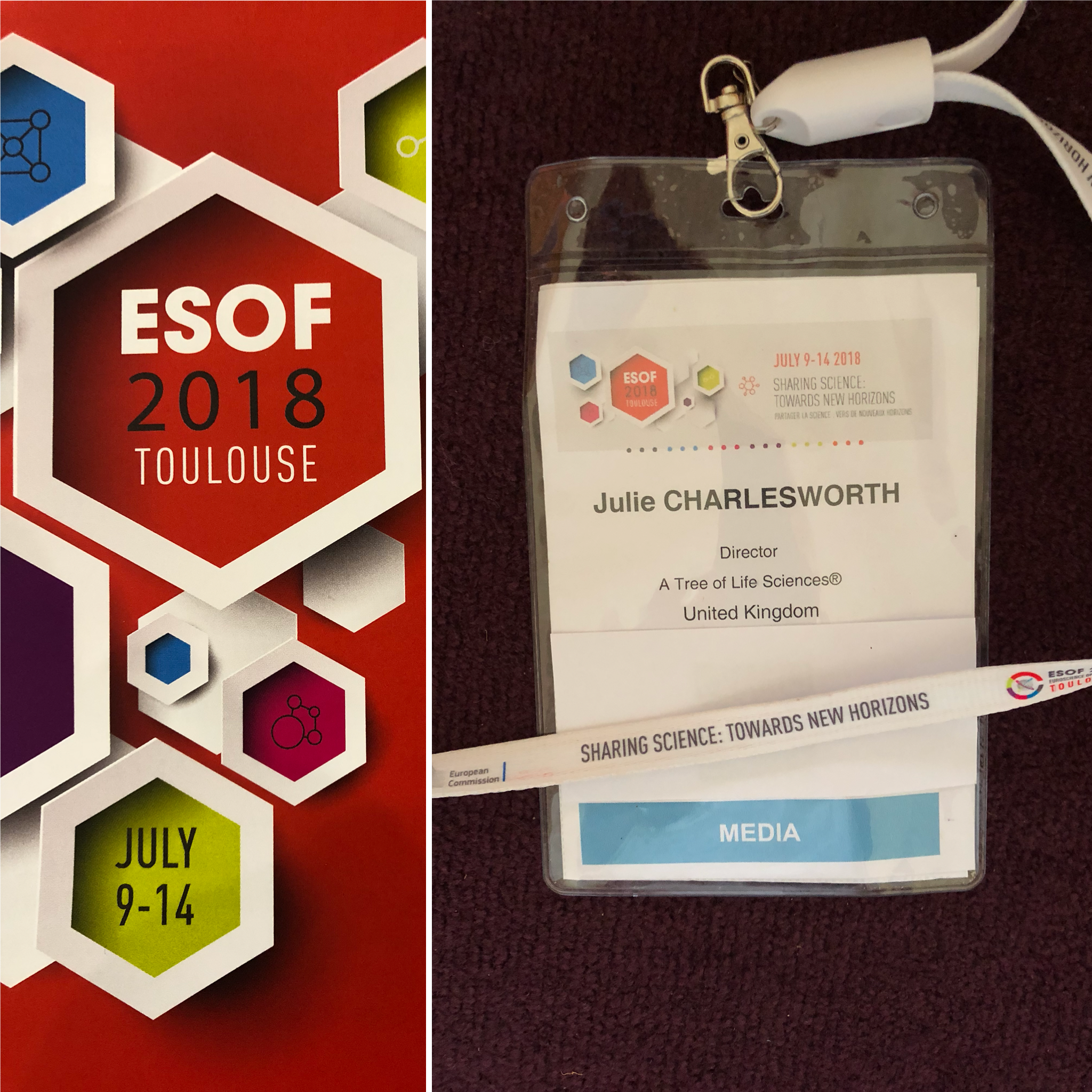
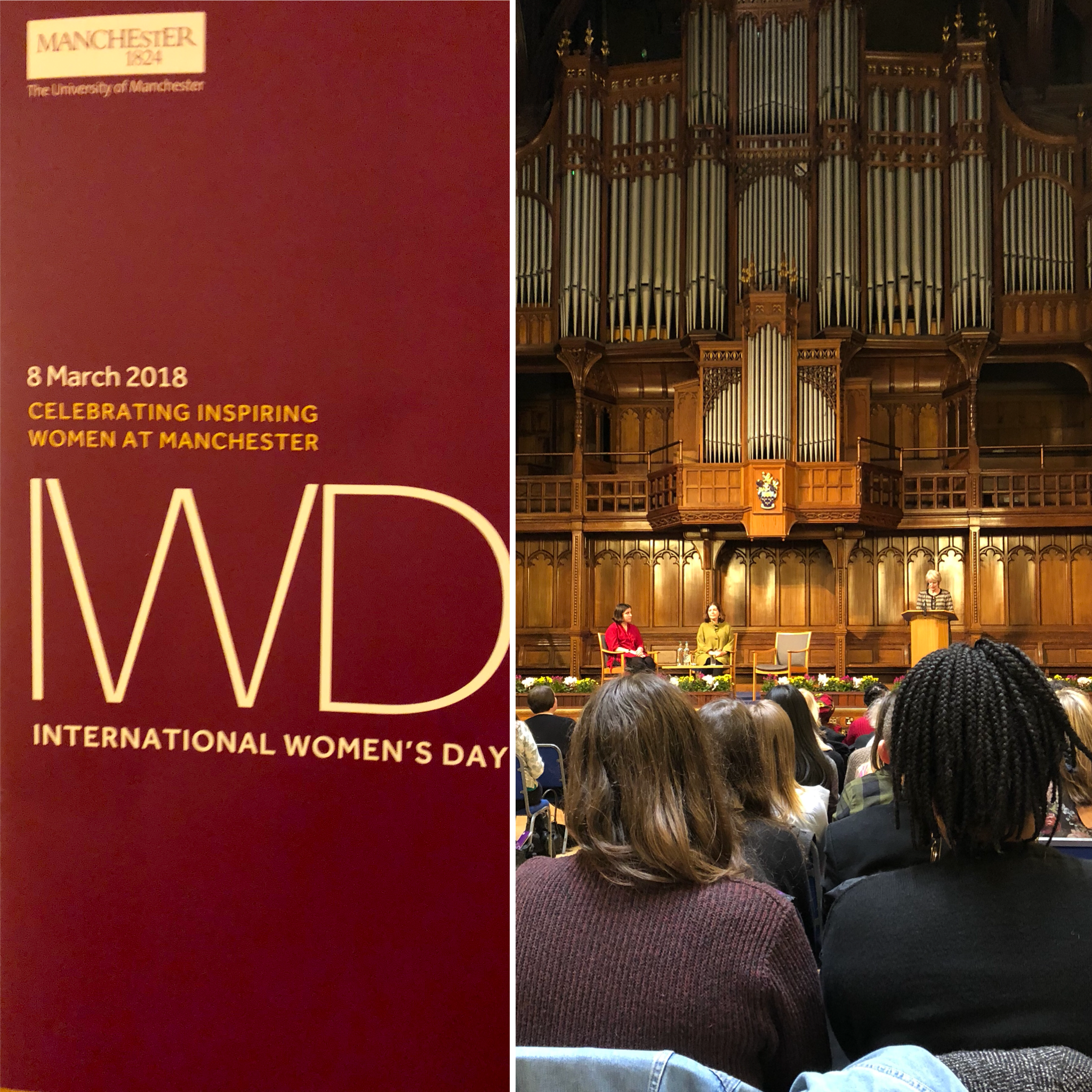

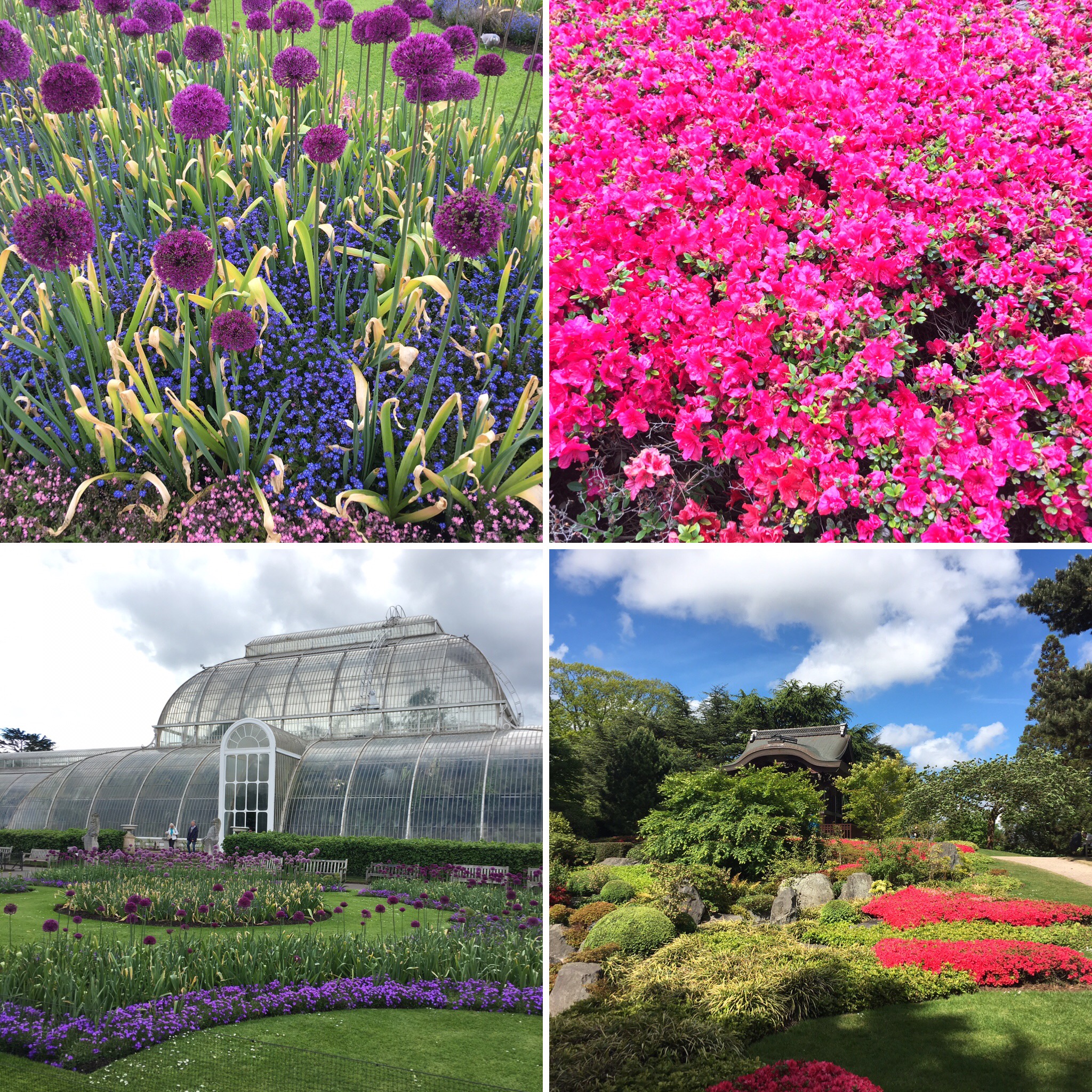
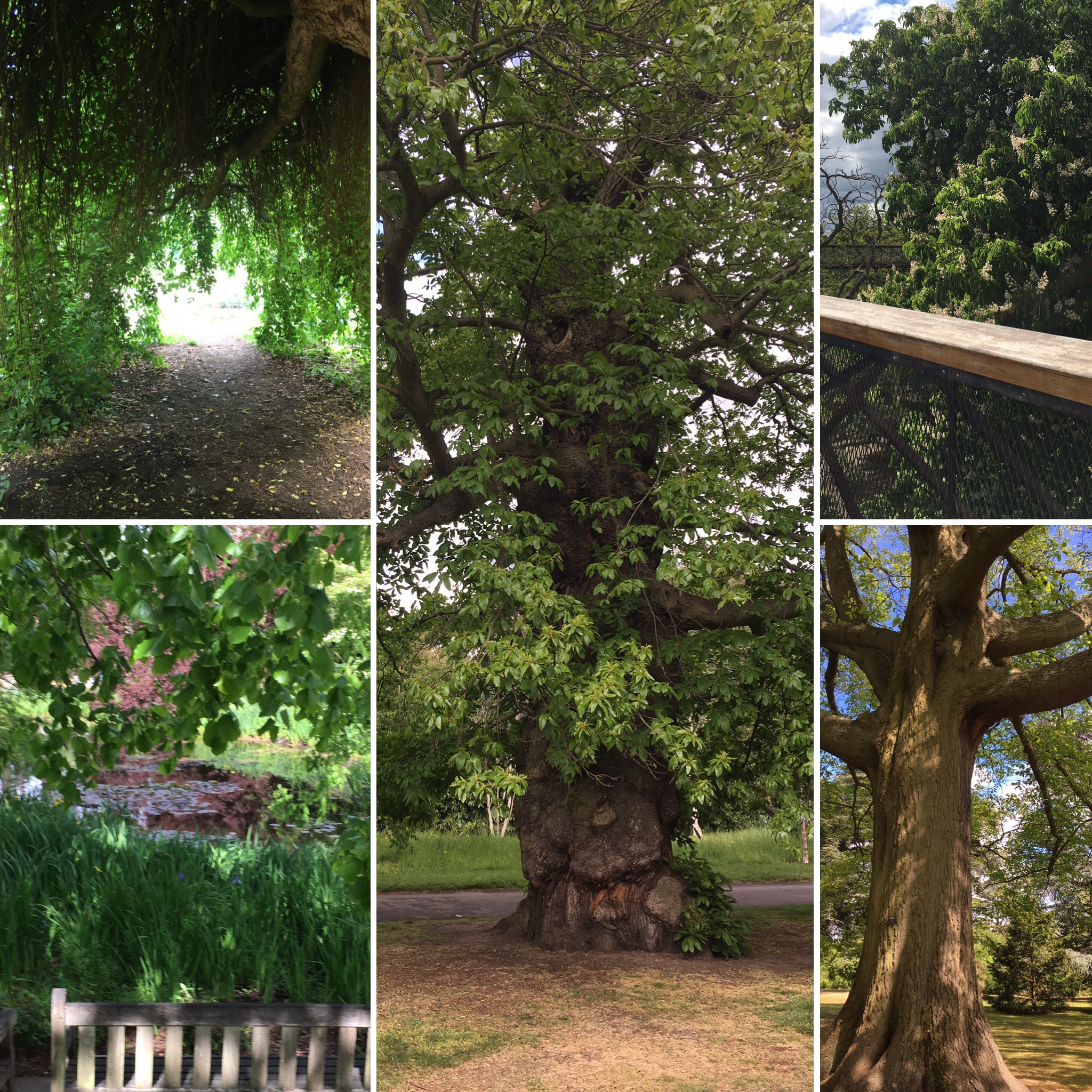
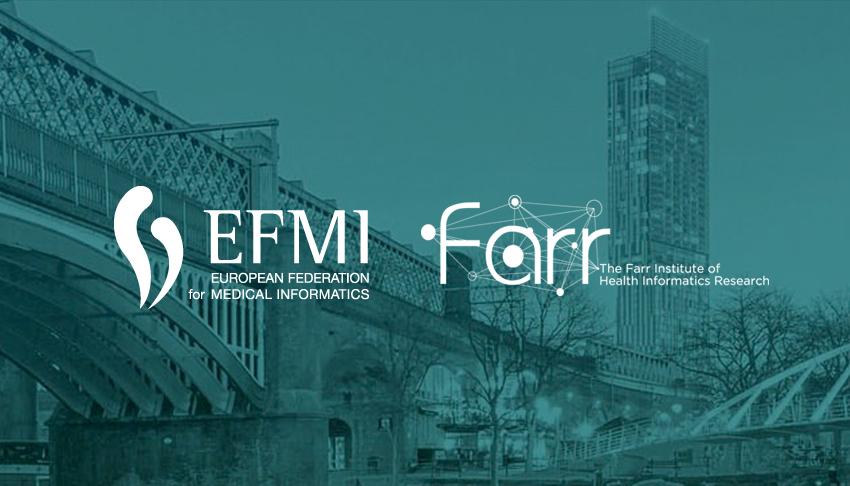
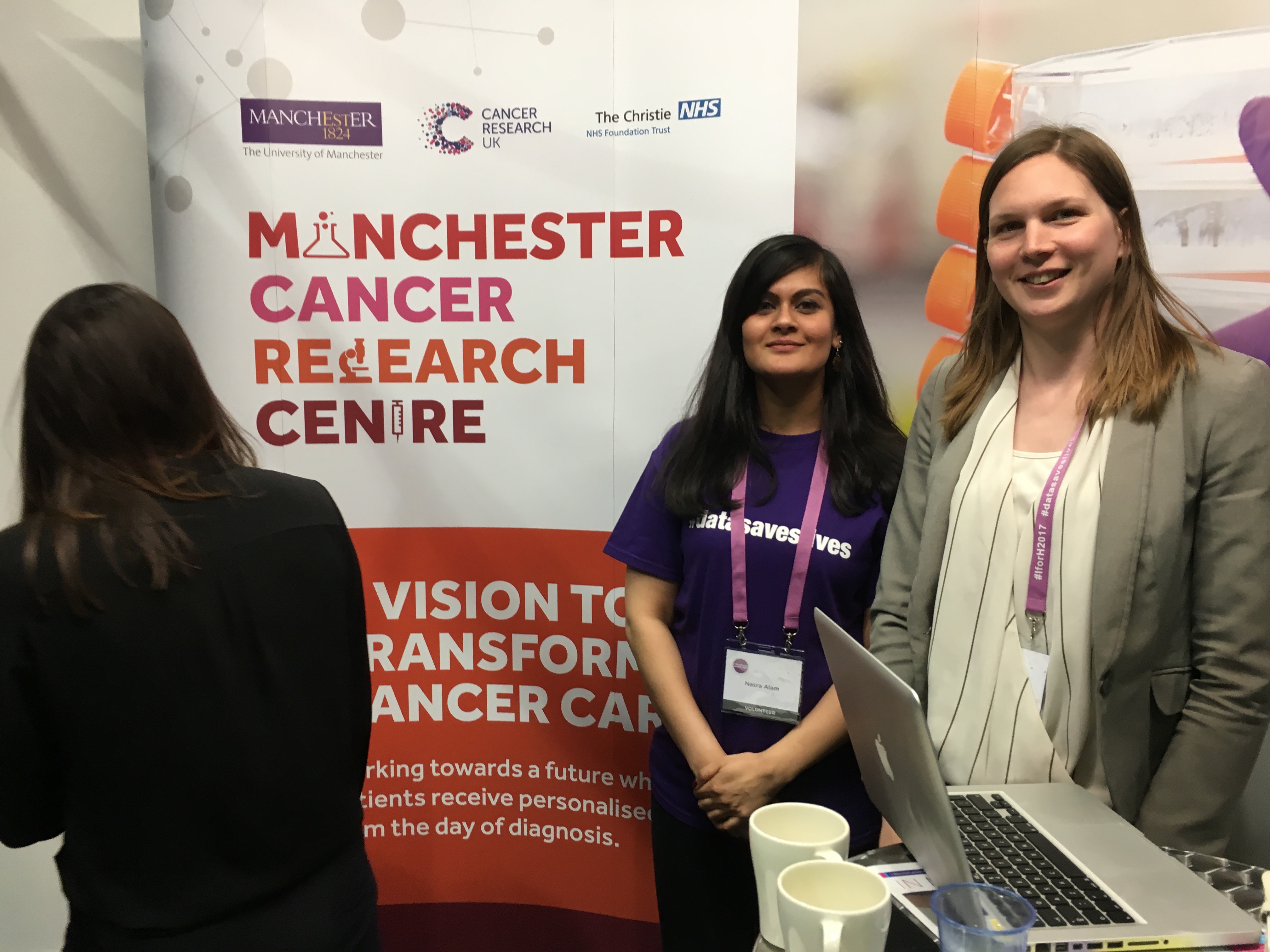
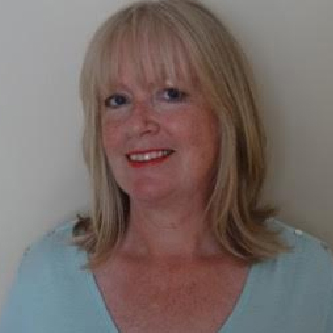 Click here
Click here